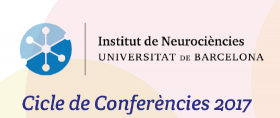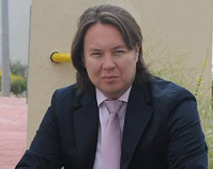MRCP PhD
Director of Laboratory for Clinical Neuroscience, CTB, UPM, and Department of Neuroimaging, Reina Sofia Centre for Alzheiemr’s Disease, Madrid
New techniques for modulating memory in humans
Memory for events and episodes can be impaired in a wide range of neurological and psychiatric diseases. With the incidence of dementia rising, there is increasing need for techniques that can improve episodic memory in humans. By contrast, emotionally traumatic memories are central to the development of certain psychiatric conditions, such as post-traumatic stress disorder, necessitating treatments that weaken pre-existing, maladaptive or unwanted, memories. I will explain how an understanding of the neurobiological mechanisms underlying episodic memory has led us to develop methods to improve, or deliberately impair, memory in humans via the application of behavioural or pharmacological interventions, deep-brain stimulation, or electroconvulsive therapy. With a view towards identifying people who will require help to maintain memory function, I will lastly describe data from a large (n=1213), longitudinal cohort of elderly individuals presenting the neuropsychological and MRI biomarkers that predict the development of future mild-cognitive impairment in cognitively healthy people.
More information about the Conference Series of the Institute of Neurosciences:


